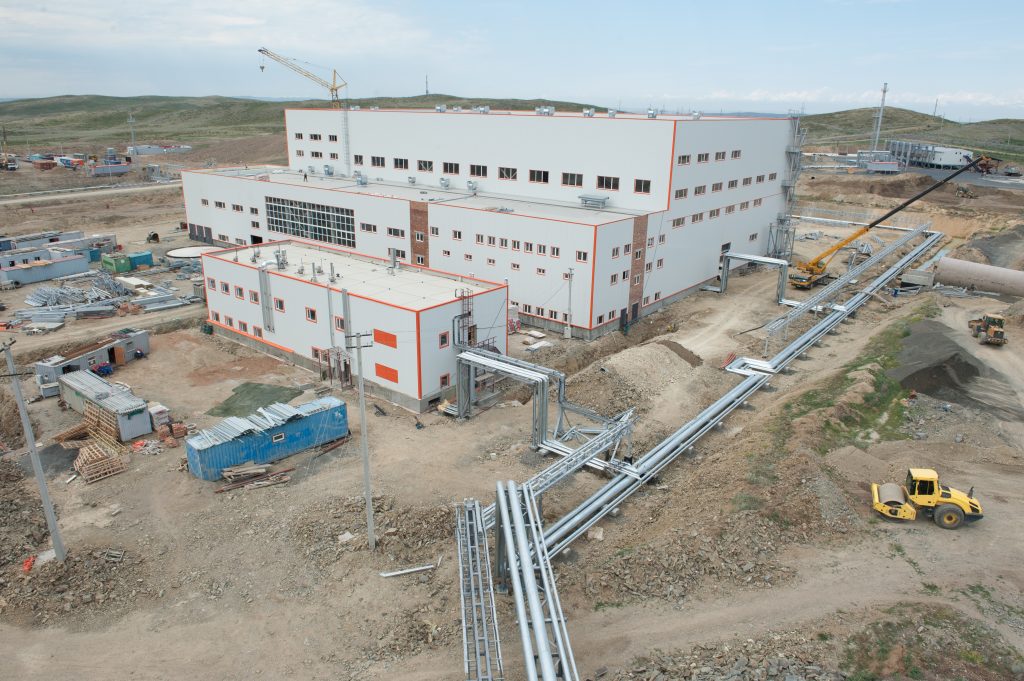
MOSCOW, Jan 24 (Reuters) – Russian gold and silver producer Polymetal said on Wednesday its fourth-quarter revenue rose 12 percent on a year earlier to $586 million due to higher gold sales.
The London-listed firm, part-owned by businessman Alexander Nesis, also said there would be no special dividend for 2017 due to higher payments of the regular dividend for 2017 and active investments in its key Kyzyl gold project in Kazakhstan.
Polymetal revised its dividend policy in 2017, increasing the amount of underlying net earnings to be spent on dividend to 50 percent from 30 percent.
“This is quite a large increase in the amount of regular dividend payments, and because we were actively investing into the Kyzyl project, our entire free cash flow was distributed through these higher regular dividends,” Chief Financial Officer Maxim Nazimok told Reuters.
The company would continue to consider special dividends in future should there remain free cash flow in excess of what was distributed through the increased regular dividends, he added.
But Nazimok said the possibility of a special dividend in 2018 would depend on the price of gold, the rouble rate and other economic factors.
The company’s 2018 budget envisages the gold price at $1,200 per ounce, the same price level Polymetal uses for its ore reserves estimate, and the rouble currency rate at between 55 and 60 roubles per dollar.
The final dividend for 2017 will be proposed by its board in March.
Polymetal reiterated production guidance for 2018 and 2019 of 1.55 million troy ounces and 1.7 million troy ounces of gold equivalent, respectively. In 2017, it produced 1.4 million ounces of gold equivalent, which is a mix of gold and other metals.
“We have an important year ahead of us with first production from Kyzyl paving the way for investment decisions on Nezhda and POX-2,” Polymetal Chief Executive Vitaly Nesis said in a statement. POX-2 is a processing plant and Nezhda is a mine.
The company also said its 2017 total cash costs were in the range of $650 to $675 per ounce compared with initial guidance of $600 to $650 due to rising fuel prices and a stronger rouble on the back of higher oil prices.
Total cash costs in 2018 are expected to be $650 to $700 per ounce.
“An increase in 2017 and 2018 cost guidance was a fly in the ointment, but in our view, the stock is unlikely to be punished for this as the market understands that there is no shelter from the rallying rouble rate and oil prices,” Aton analysts wrote.
Polymetal shares fell 1.4 percent in London on Wednesday.
(Reporting by Polina Devitt; editing by Maria Kiselyova)